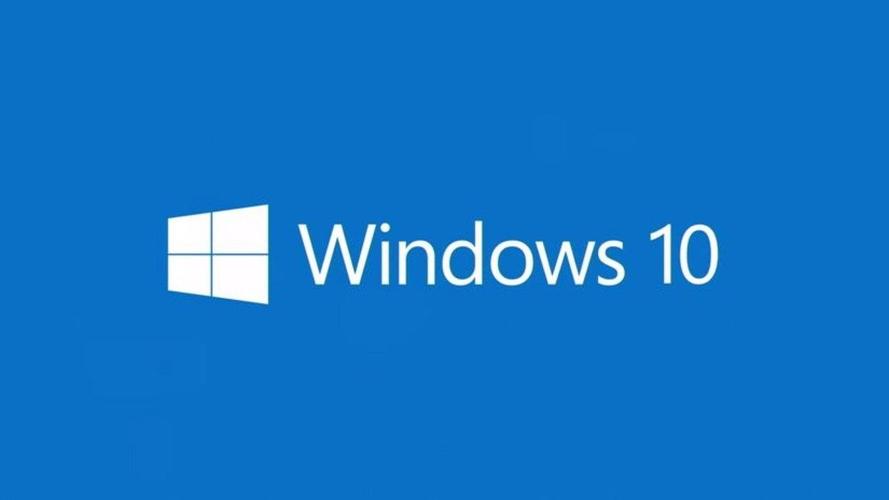Home >System Tutorial >Windows Series >How to solve the 0x000000c1 error when installing the printer driver?
How to solve the 0x000000c1 error when installing the printer driver?
- WBOYforward
- 2024-02-11 12:12:081720browse
php editor Banana will introduce you how to solve the problem of 0x000000c1 error when installing the printer driver. When installing a printer driver, a 0x000000c1 error sometimes occurs, which may be caused by driver file corruption or conflict. In order to solve this problem, you can try the following methods: 1. Uninstall the old driver and clean related files and registry entries; 2. Download the latest driver and ensure it is compatible with the operating system; 3. Perform system file check and repair ;4. Disable security software and firewalls. Through the above methods, you should be able to successfully solve the problem of 0x000000c1 error when installing the printer driver.
How to solve the 0x000000c1 error when installing the printer driver?

#1. Confirm the compatibility between the driver and the operating system
Before installing the printer driver, we need to confirm the compatibility between the driver and the operating system. If the driver is incompatible with the operating system, the installation will fail with error code 0x000000c1. We can find the driver on the official website of the printer manufacturer to ensure that it is compatible with our operating system.
2. Clean up residual files
dows has its own "cleaning tool" to clean up residual files.
3. Check the driver file
If the driver file is damaged, it will also cause the installation to fail and error code 0x000000c1 will appear. We can re-download the driver file from the printer manufacturer's official website and use anti-virus software to scan the file to ensure its safety.
4. Turn off anti-virus software and firewall
Sometimes, anti-virus software and firewall will prevent the normal installation of the printer driver. We can try to turn off the anti-virus software and firewall, and then reinstall the printer driver.
The above is the detailed content of How to solve the 0x000000c1 error when installing the printer driver?. For more information, please follow other related articles on the PHP Chinese website!
Related articles
See more- How to solve the problem of Windows 7 desktop rotating 90 degrees
- How to forcefully terminate a running process in Win7
- Win11 Build 25336.1010 preview version released today: mainly used for testing operation and maintenance pipelines
- Win11 Beta preview Build 22621.1610/22624.1610 released today (including KB5025299 update)
- Fingerprint recognition cannot be used on ASUS computers. How to add fingerprints? Tips for adding fingerprints to ASUS computers

